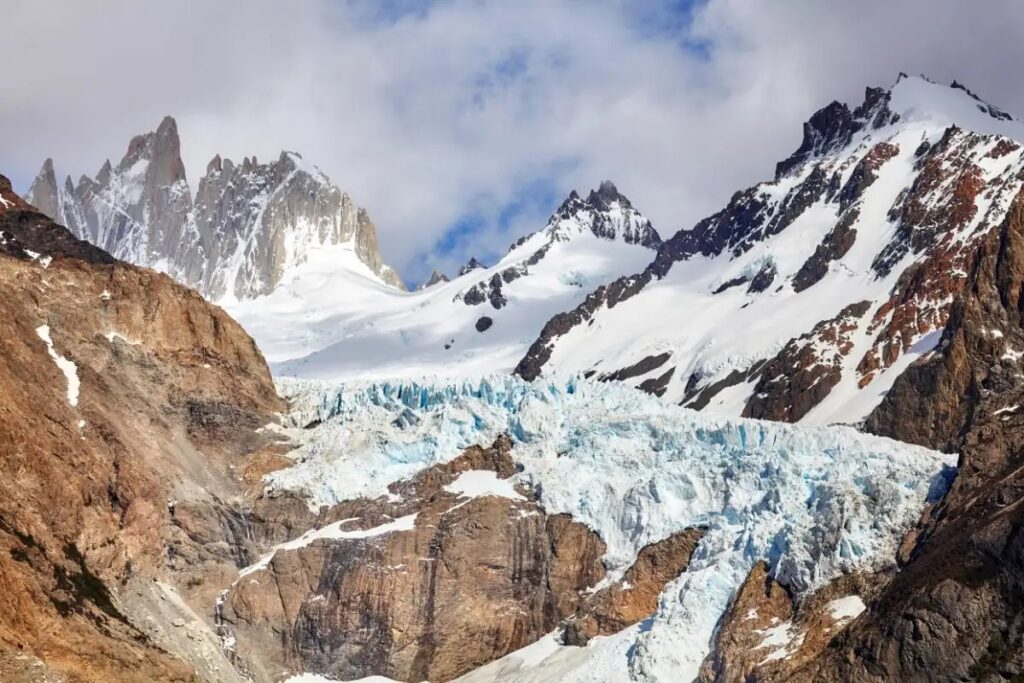- Web
- Feb 15, 2026
Study finds tropical Andes glaciers at record low
-

- Web Desk
- Aug 02, 2024

WEB DESK: A recent study revealed that glaciers in the tropical Andes are now smaller than they have been in at least 11,700 years, highlighting an unprecedented level of glacier retreat in the region.
Researchers, led by Andrew Gorin from the University of California, Berkeley, measured beryllium-10 and carbon-14 in bedrock recently exposed by melting glaciers in Colombia, Peru, and Bolivia. These isotopes build up in rock surfaces when they are exposed to the sky.
The absence of these isotopes in the bedrock samples indicated that the rock had not been exposed during the Holocene epoch, which began about 11,700 years ago.
Read more: Study finds link between deep ocean warming and El Niño events
The researchers analysed four glaciers across the Andes, which hold 99 per cent of the world’s tropical glaciers. Their findings suggest that these glaciers have retreated more than any time in the past 11,700 years.
According to Gorin, this might even mean the glaciers are smaller than they have been since the last interglacial period, which ended about 115,000 years ago.
The study’s results were surprising. Gorin and his team initially believed the results might be an error. However, further samples confirmed that the glaciers have indeed retreated far beyond previous historical fluctuations.
The nearly zero concentrations of cosmogenic nuclides like beryllium-10 and carbon-14 in the bedrock suggest that these glaciers are now smaller than they have been in thousands of years.
The glaciers in the Andes are especially vulnerable to climate change because they are located in tropical regions where temperatures hover around freezing. The sensitivity makes them a critical indicator of how global warming is impacting ice masses.
The research team’s findings align with a broader understanding of glacier retreat due to rising temperatures. The study’s results show that the current state of these glaciers is a clear sign of accelerated global warming.
Scientists have debated how the current glacier retreat compares to past fluctuations. This study provides strong evidence that tropical glaciers in the Andes are at their smallest in at least 11,700 years, if not longer. The data suggests that glacier retreat in this region is not just a short-term trend but part of a more significant and longer-lasting change.
The research team also explored whether the glaciers could have removed the exposed rock that would have held the isotopes. They concluded that it is highly unlikely for the glaciers to have scoured away enough rock to explain the absence of isotopes.
Read more: Can going vegan reverse aging? Study says yes!
The researchers aim to highlight the urgent need to comprehend and address the impacts of climate change on glacier systems globally. The rapid retreat of tropical glaciers, as demonstrated by their findings, sheds light on the broader consequences of rising global temperatures.




